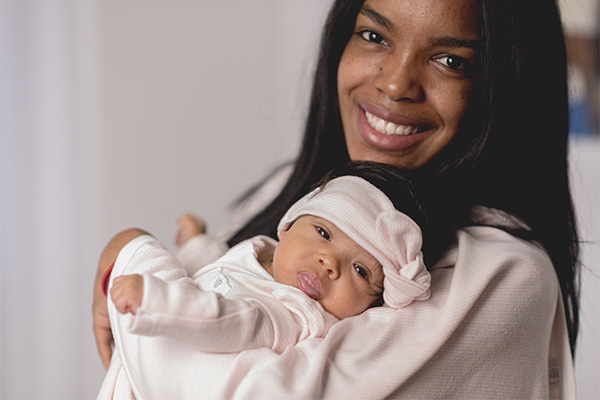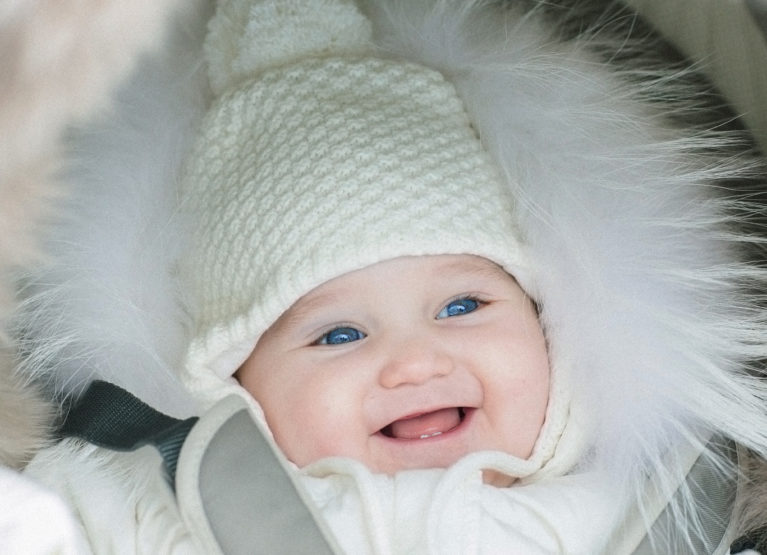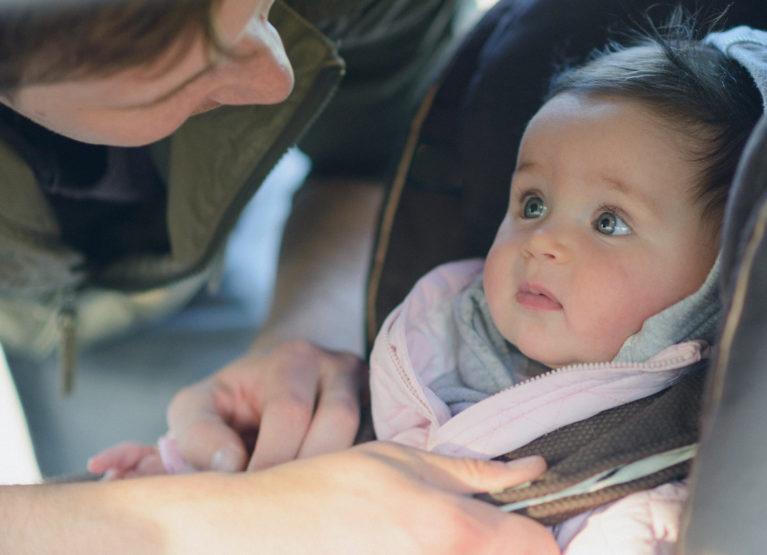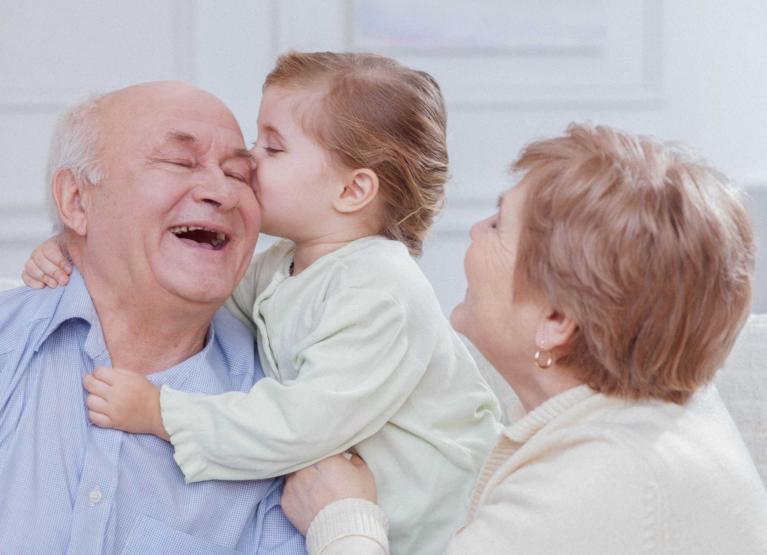Helping your newborn baby to sleep
When you first take your baby home, it is going to be all hands on deck.
Some babies sleep much more that others. Some sleep for long periods, other just in short bursts.
Newborns spend most of their time sleeping. They are programmed to sleep a lot (typically up to 16-17 hours a day), about 2-3 hours between feeds, night and day. But the problem is that most babies don’t stay asleep for more that 2-4 hours at a time, during the first few weeks of life.
Why newborn sleep patterns are unpredictable?
Your baby will have her or his own patttern of waking and sleeping, and it is not likely to be the same as other babies. It is also unlikely to try to fit with you own need for sleep. Try to sleep whenever your baby sleeps.
Baby sleep cycles are far shorter than those of adults and babies spend more time in rapid eye movement (REM) sleep, which is thought to be crucial for the development happening in their little brains.
If you are not able to sleep at the same time as your baby, don’t worry about keeping the house silent, because it is much better for you and your baby if he or she gets used to sleeping through a certain amount of noise.
All this is a necessary period for your baby and it doesn’t last long, though it may seem like an eternity when you’re in lack of a good sleep.
When your baby will start to sleep longer?
By around six months, your little one might be sleeping for longer periods and waking up less during the night. But your baby sleep pattern depends a lot on both character and sleeping routines.
By six months, baby sleep patterns are closer to those of grown-up sleep. At this age babies gain the ability to keep themselves awake, and at the same time they are learning new skills. The combination of being able to do exciting things and being able to stay awake means your baby might wake up more often and be more interested to go back to sleep.





